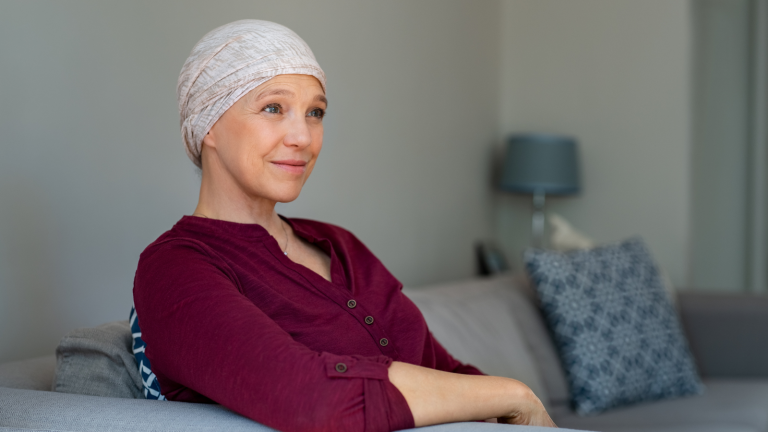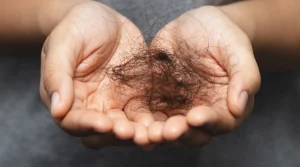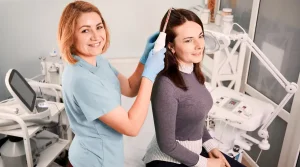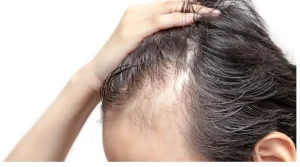Hair Loss and Health: A Closer Look
Are you noticing more strands of hair than usual on your brush or in your drain? While it’s normal to shed some hair daily, excessive hair loss can be a sign of an underlying health issue. In this blog post, we delve into the intricate connection between hair loss and various medical conditions.
What Health Conditions Can Cause Hair Loss?
Hair loss, also known as alopecia, can be triggered by a variety of health conditions. Some of the most common include:
- Thyroid Disorders: Both hypothyroidism (underactive thyroid) and hyperthyroidism (overactive thyroid) can disrupt the body’s hormone balance, leading to hair loss.
- Autoimmune Diseases: Autoimmune disorders, such as alopecia areata and lupus, can attack hair follicles, causing hair loss in patches or a more diffuse thinning.
- Nutritional Deficiencies: A lack of essential nutrients, particularly iron, vitamin D, and zinc, can weaken hair and lead to excessive shedding.
Understanding the Hair Growth Cycle
To understand hair loss, it’s important to know the three stages of the hair growth cycle:
- Anagen Phase: The active growth phase, where hair follicles produce new hair cells.
- Catagen Phase: A transitional phase where hair growth slows down.
- Telogen Phase: The resting phase, where old hair is shed and new hair begins to grow.
Disruptions in this cycle, caused by various factors, can lead to hair loss.
Common Symptoms of Hair Loss
The symptoms of hair loss can vary depending on the underlying cause. Some common signs include:
- Excessive Hair Shedding: More hair than usual on your brush, comb, or in the shower drain.
- Thinning Hair: A noticeable decrease in hair density, especially on the crown or temples.
- Receding Hairline: A receding hairline in men or a widening part in women.
- Bald Patches: Circular or patchy hair loss on the scalp or other parts of the body.
The Most Common Cause of Hair Loss
Androgenetic alopecia, often referred to as male or female pattern baldness, is the most common cause of hair loss. It’s a hereditary condition that affects both men and women and is influenced by hormones.
Seeking Professional Help
If you’re experiencing excessive hair loss, it’s essential to consult with a healthcare professional to determine the underlying cause. They can help you develop a personalized treatment plan to address your specific needs.
At Lasting Impression Medical Aesthetics, we offer a range of advanced hair restoration treatments to help you regain your confidence. Our experienced team can provide expert advice and tailored solutions to help you achieve your hair goals.
Don’t let hair loss hold you back. Take control of your hair health and schedule a consultation today.





